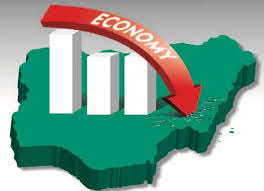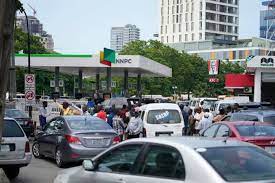The economic norms were broken this January as increase in food prices, occasioned by attacks of farms saw inflation hit over a 4-year high at 16.47 per cent, a 0.72 percentage increase from December last year.
Bismarck Rewane, Chief Operating Officer (COO) of Financial Derivatives Company (FDC) Limited had forecast that the rate will not only rise, but it is poised to be highest leap in four years. The increase will be 0.45 per cent higher than that of December last year, and the 17th consecutive jump.
“Typically, commodity prices fall in January due to post-Christmas blues and dwindling purchasing power and liquidity. January is also the month of tuition fees. However in January 2021, like no other year, prices have spiked. This is partly because of import restrictions, shortages and cost push factors (currency devaluation effect and higher energy costs)”. The FDC said in its publication..
Pundits were not disappointed as Nigeria’s annual inflation rose 0.72 percentage points to 16.47 per cent in January from a month earlier, its 17th monthly increase, the Nigerian Bureau for Statistics (NBS) said yesterday, as the effect of the coronavirus pandemic weighed on the index.
Rewane had said, Nigeria may be on the cusp of a food crisis as the food cultivating region is enmeshed in crisis. The incessant attacks on farmers and farmlands have prevented farmers from operating at optimal capacity.
Food accounts for approximately 51 per cent of the inflation basket. Food inflation crossed the 19 per cent mark in December 2020 (19.56 per cent) and is projected to rise to 20.9 per cent in January 2021 due to supply chain disruptions and exchange rate pass through effect.
Also, Rewane noted yesterday that, the sharper rate of increase in the core index was driven by higher prices of passenger transport by air, medical services, hospital services and passenger transport by road.
“This is not surprising given the increase in demand for transport, as more businesses and schools have reopened. In addition, the increase in confirmed covid cases in Nigeria (146,928 as of February 15) has spurred the demand for more medical services.
With oil prices trading above $60pb and the convergence of the exchange rate around the Investors & Exporters (IE) window towards N410/$, we expect an increase in the landing cost of refined petrol products. This will lead to a further increase in petrol prices” he said in a latest FDC report. Already queues are forming at the petrol stations, as fuel marketers hoard their petrol products in anticipation of a petrol price hike. The current price of fuel is N165/litre.
Nigeria is facing its second recession in five years, triggered by a coronavirus-induced crash in oil prices that has hammered state revenue, creating large financing needs and weakening the naira.
Inflation in Nigeria, which has been in double digits since 2016, worsened with the pandemic. Food prices rose 1.01 percentage point from the previous month to 20.57 per cent in January, the National Bureau of Statistics (NBS) said.




